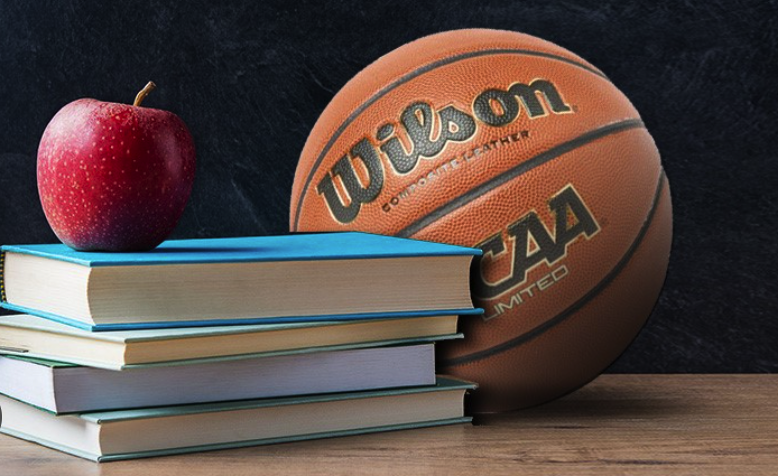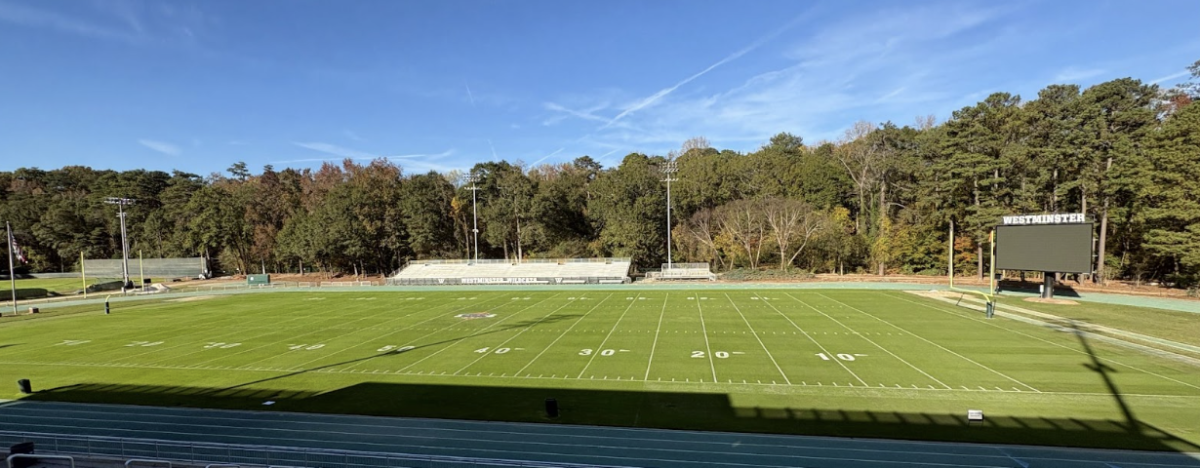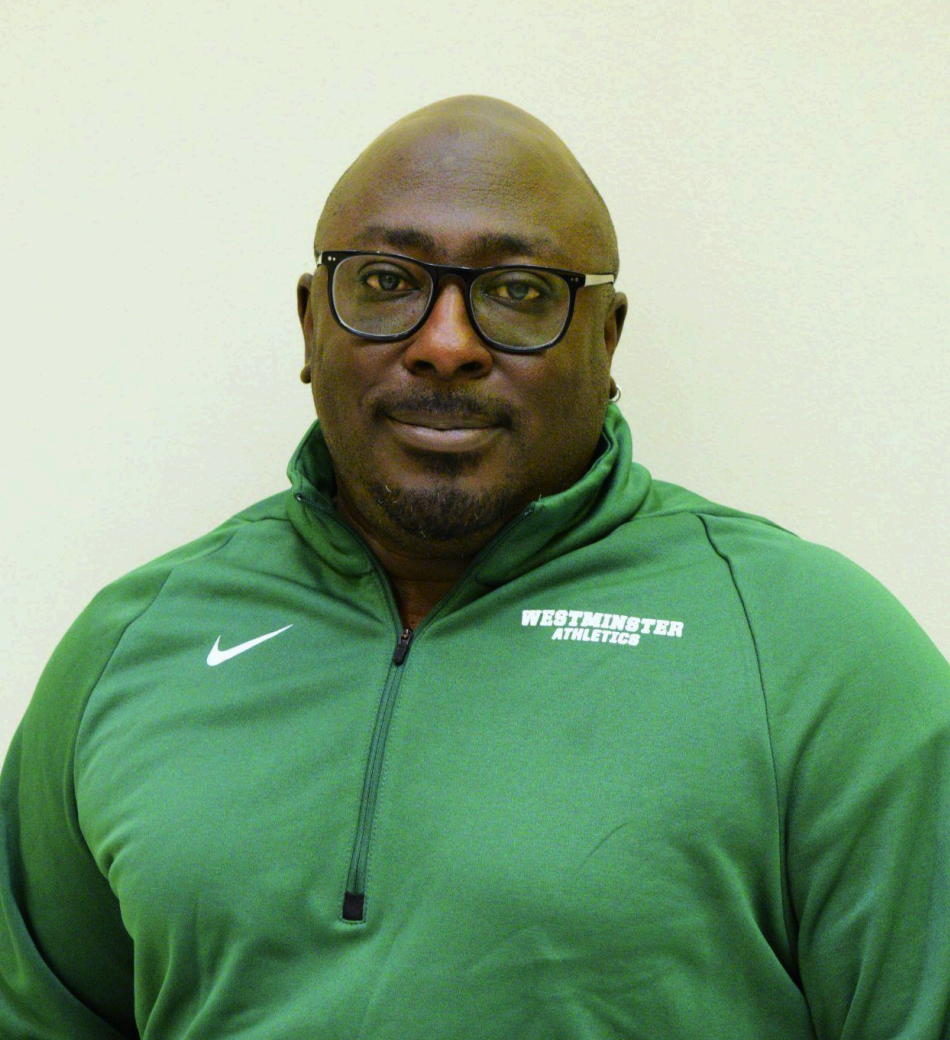Imagine juggling two full-time jobs, each demanding peak performance and unwavering dedication. For student-athletes, this is their daily reality. How does Michael Buhay balance AP Calculus and Battle of Buckhead? Balancing academics and sports is one of the most challenging yet rewarding things about being a student-athlete. Getting the motivation to finish the homework load after a grueling practice is difficult. Between managing training, competitions, and academic responsibilities, student-athletes have a lot on their plate. However, some ways to work around this do exist, as revealed through a series of interviews on how Westminster athletes cope with the challenges of being a student-athlete.
Time is a limited resource for students in the upper school, so spend it wisely. There is very little time to spare between academics, extracurriculars, and events. Habits such as not procrastinating, being disciplined, and minimizing distractions, are necessary so that time is better used. Without good use of time, assignments will drag on and eventually overwhelm even the best of students.
“If I’m in a free period, I like to complete a few assignments so that I don’t have to worry about them later that evening,” said senior football quarterback Michael Buhay
Prioritizing tasks and planning is an integral part of using your time wisely.
“Get as much studying and homework done during the school day and office hours as possible.” said sophomore swimmer Connor Christopherson.
“Plan and stick to your schedule,” said sophomore basketball player Conrad Ogden. “It helps avoid procrastination and stay on track to be successful.” Knowing what must be done first is required to complete all work promptly. Without guidelines and priorities, all well-set plans will be derailed.
Be mentally strong, student-athletes said. Everyone has their trials and tribulations, their ups and downs.
“Trust that you are on the right path, and things will work out,” said sophomore tennis player Mims Pettit.
It can be challenging to try to succeed in both athletics and academics, especially if one, or both, is not going the way you hoped. Meditation and yoga are ways to get into a good state of mind. There are many uncertainties, particularly in adolescence, so learning how to deal with failure is critical.
Stay motivated. “Keep pushing yourself,” said Buhay. “Keep striving for excellence, even when it seems out of reach.”
Buhay overcomes challenges by reminding himself of his goal, which is to play sports in college. Playing in college is the goal for many of Westminster’s athletes.
“When you’re a senior, you’ll be grateful you didn’t slack off academically,” said Buhay, especially if your goal is to play sports in college because grades and test scores go a long way.” Using goals and dreams as motivation is an excellent way to gain motivation. Set a goal, and aim for that goal.
Be aware of limits and boundaries. Although pushing to be the best is essential, be careful not to overextend. “It is important to push yourself, but not too hard,” said Pettit. “ If you try to practice too much and take too many challenging courses, your quality of work (academic and athletic) will decrease.” To be an exemplary student-athlete, knowing boundaries and being careful not to cross limits is demanded.
Sacrifices will have to be made. “Oftentimes, there are certain harder classes and extracurricular activities I would love to take,” said Christopherson, “But I recognize I have to focus on swimming because I simply cannot do both.” Knowing boundaries and being cognizant of the available time is a requisite to be a successful student-athlete. Without it, even the best and most hardworking students will become overwhelmed.
“You simply cannot be good at everything,” said Pettit.
Becoming overwhelmed because of too many commitments is incredibly difficult to overcome. No matter how hardworking or intelligent, it is not possible to commit to everything and expect to perform well at everything. Either the quality or quantity of work must go down. Thus, maintaining quality and knowing boundaries is essential to being a student-athlete.
Edited by Elyse LaPorta





